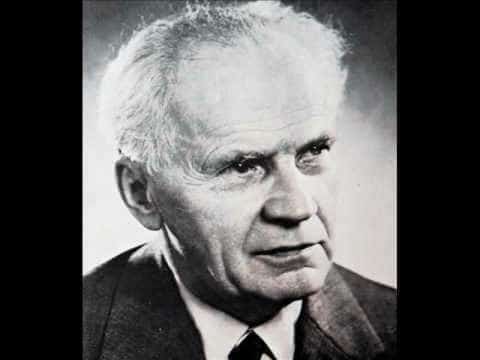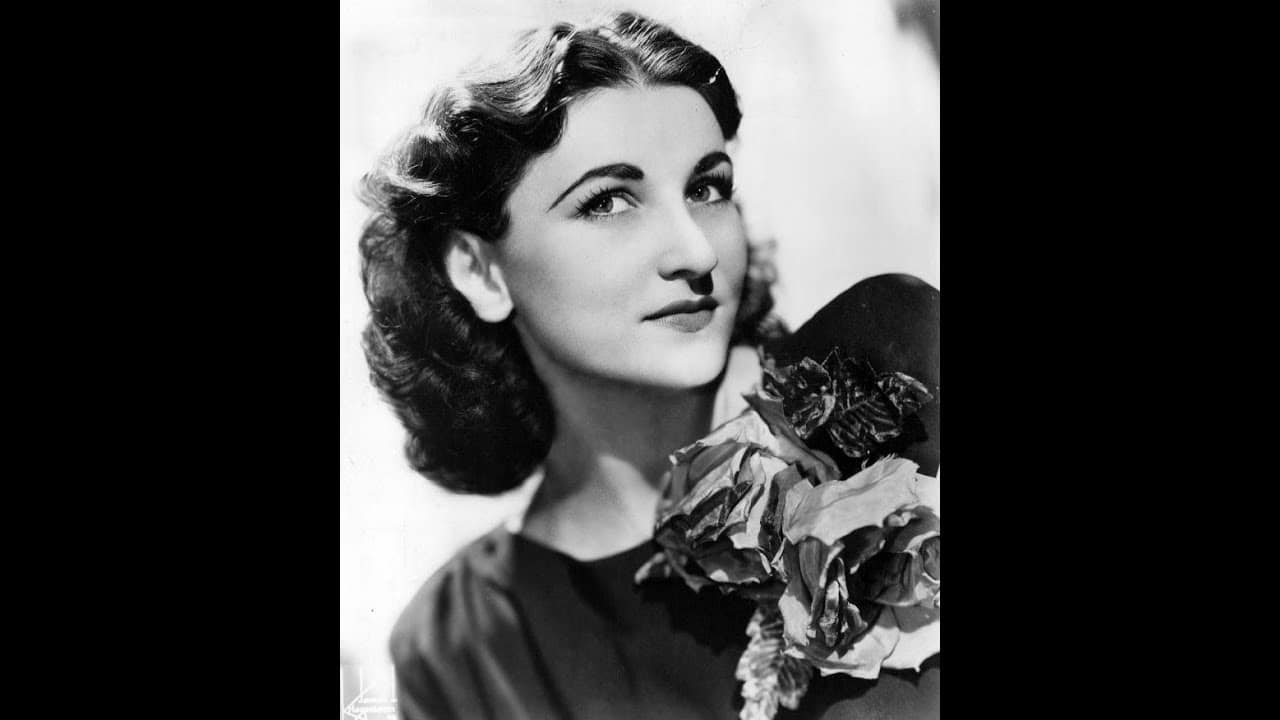Old-school Beethoven on unreleased piano tapes
mainThis is Wilhelm Backhaus, a German pianist who made others look lighthearted, liberal and a bundle of fun.
He was favoured by Hitler with a state appointment and cut of all friendships with Jewish musicians, including Alma Rosé with whom he had once been close.
Barely was the Third Reich over than he was back playing Beethoven in Paris, extolled for being untouched by the currents of history. He was said to have a direct line to Beethoven and cultivated a certain image similarity.






Comments